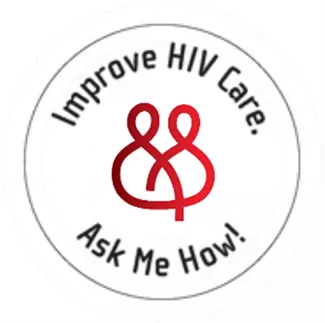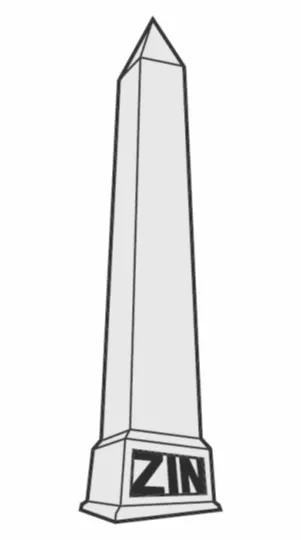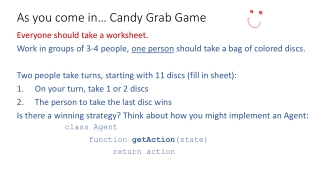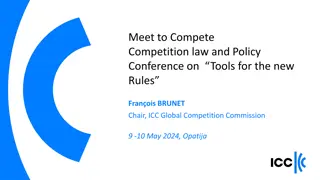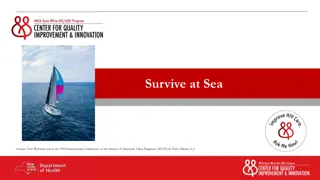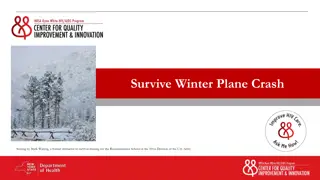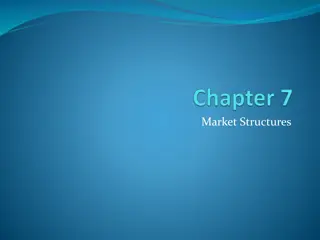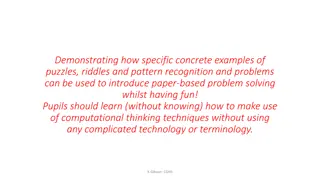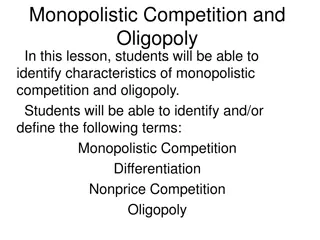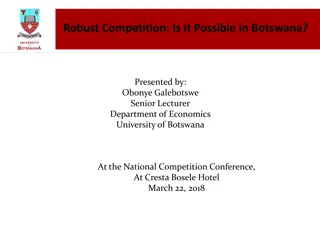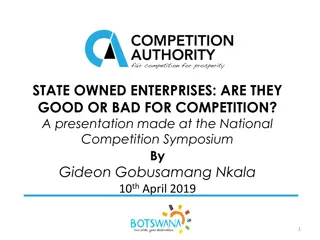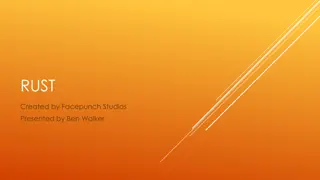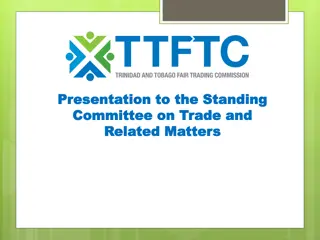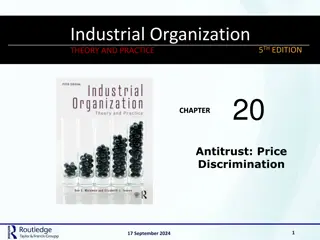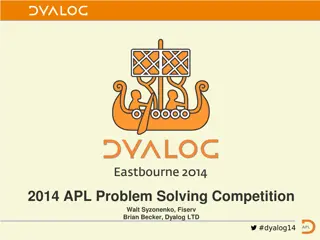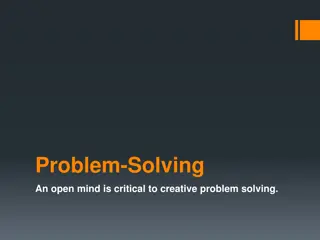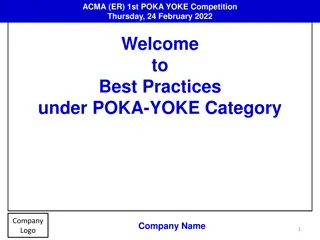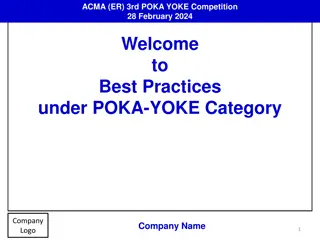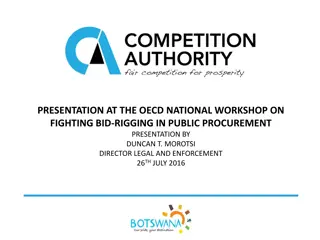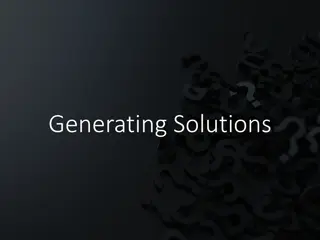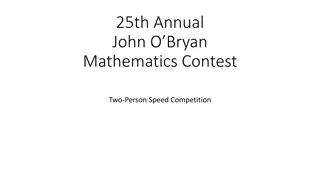Zin Obelisk Game - Group Problem-Solving Competition
Zin Obelisk Game is a team-based competition designed to enhance problem-solving and group decision-making skills. Participants engage in a scenario set in the ancient city of Atlantis, where they must work together to determine the completion day of a monumental obelisk. Through interactive exercises and debriefing sessions, teams learn to listen, cooperate, and develop effective strategies. The game aims to improve teamwork, leadership, and knowledge sharing within organizations.
Download Presentation

Please find below an Image/Link to download the presentation.
The content on the website is provided AS IS for your information and personal use only. It may not be sold, licensed, or shared on other websites without obtaining consent from the author. Download presentation by click this link. If you encounter any issues during the download, it is possible that the publisher has removed the file from their server.
E N D
Presentation Transcript
Zin Obelisk Game Source: NQC Game Guide. NYSDOH AIDS Institute/National Quality Center (NQC) and the HRSA HIV/AIDS Bureau. August 2006; based on Francis, D., & Young, D. Improving Work Groups: A Practical Manual for Team Building. San Diego, CA: University Associates, 1979, p. 147 151.
Overview Game: Zin Obelisk Type of Game: A competition among teams to teach problem-solving and group decision-making. Length: 20-30 minutes Target Audience: Team members and others who work together as a team, as well as organizational leaders who will be overseeing and coaching the work of these teams. Learning Objectives Understand the strengths and weaknesses of teams as team members work to solve a difficult problem. Develop strategies for better listening and cooperation within teams. Show how to develop better knowledge through multiple cycles of hypothesis development and testing. Help teams understand leadership and facilitation in team problem solving. Agenda 1. Setting the stage for the interactive exercise. 2. Playing the Zin Obelisk game. 3. Debrief and discussion on what lessons learned are and how they apply to HIV care. 4. Feedback and close. For more information | Check out the CQII Virtual Game Guide (2021) at www.CQII.org, including additional games, resources and the corresponding facilitator guide 2
Group Competition: Zin Obelisk Game Step 1: Identify one volunteer in your group (5 to 8 participants per group). Step 2: Each of you are given cards containing information related to this game; you may share this information orally, but do not show your cards to others. Step 3: Review the scenario and identify the correct answer (20 minutes). Step 4: Debrief with large group. 3
Group Exercise: Scenario In the ancient city of Atlantis, a solid, rectangular obelisk, called a zin, was built in honor of the goddess Tina. The structure took less than two weeks to complete. On which day of the week was the obelisk completed? Which team is first? 4
Answer and Rationale The answer is Neptiminus. Rationale: 1. The dimensions of the zin indicate that it contains 50,000 cubic feet of stone blocks. 2. The blocks are 1 cubic foot each, therefore, 50,000 blocks are required. 3. Each worker works 7 schlibs in a day (2 schlibs are devoted to rest). 4. Each worker lays 150 blocks per schlib, therefore each worker lays 1050 blocks per day. 5. There are 8 workers per day, therefore 8,400 blocks are laid per working day. 6. The 50,000th block, therefore, is laid on the sixth working day. 7. Since work does not take place on Daydoldrum, the sixth working day is Neptiminus. 5
Debriefing What behavior helped or hindered the group accomplish the task? How did leadership emerge in the team? What feelings did you experience as the task progressed? What suggestions would you make to improve team performance? Do they use teams to solve complex problems? If so, how do they work? What works well, and what could be improved? Do they try to develop and test hypotheses about changes that might lead to improvement? If so, how does this work? If not, how could you get them to try this approach? 6
Center for Quality Improvement & Innovation 212-417-4730 (phone) 212-417-4684 (fax) www.CQII.org Info@CQII.org This project is supported by the Health Resources and Services Administration (HRSA) of the U.S. Department of Health and Human Services (HHS) as part of an award totaling $1.5M. The contents are those of the author(s) and do not necessarily represent the official views of, nor an endorsement, by HRSA, HHS or the U.S. Government. 7
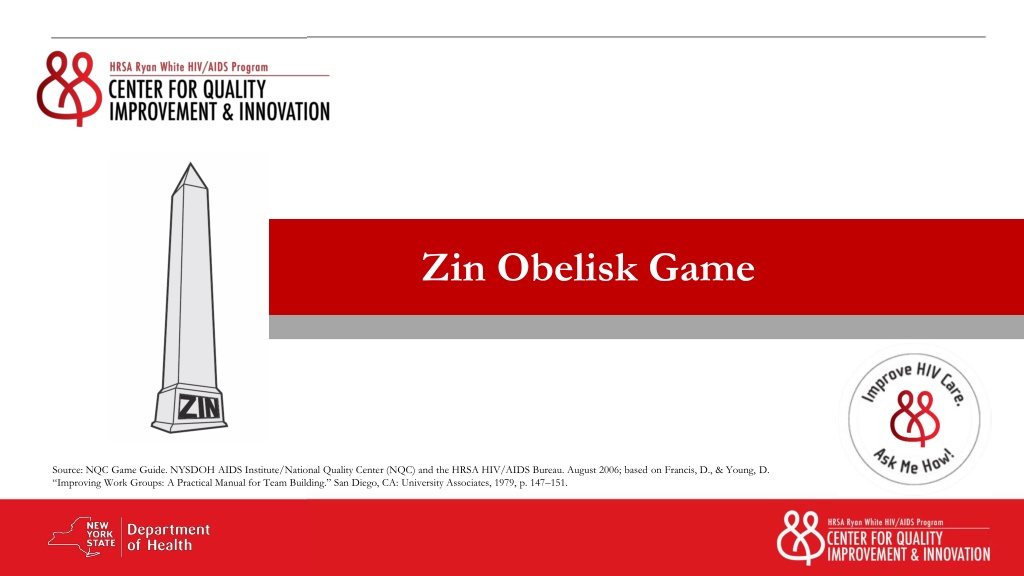
 undefined
undefined




